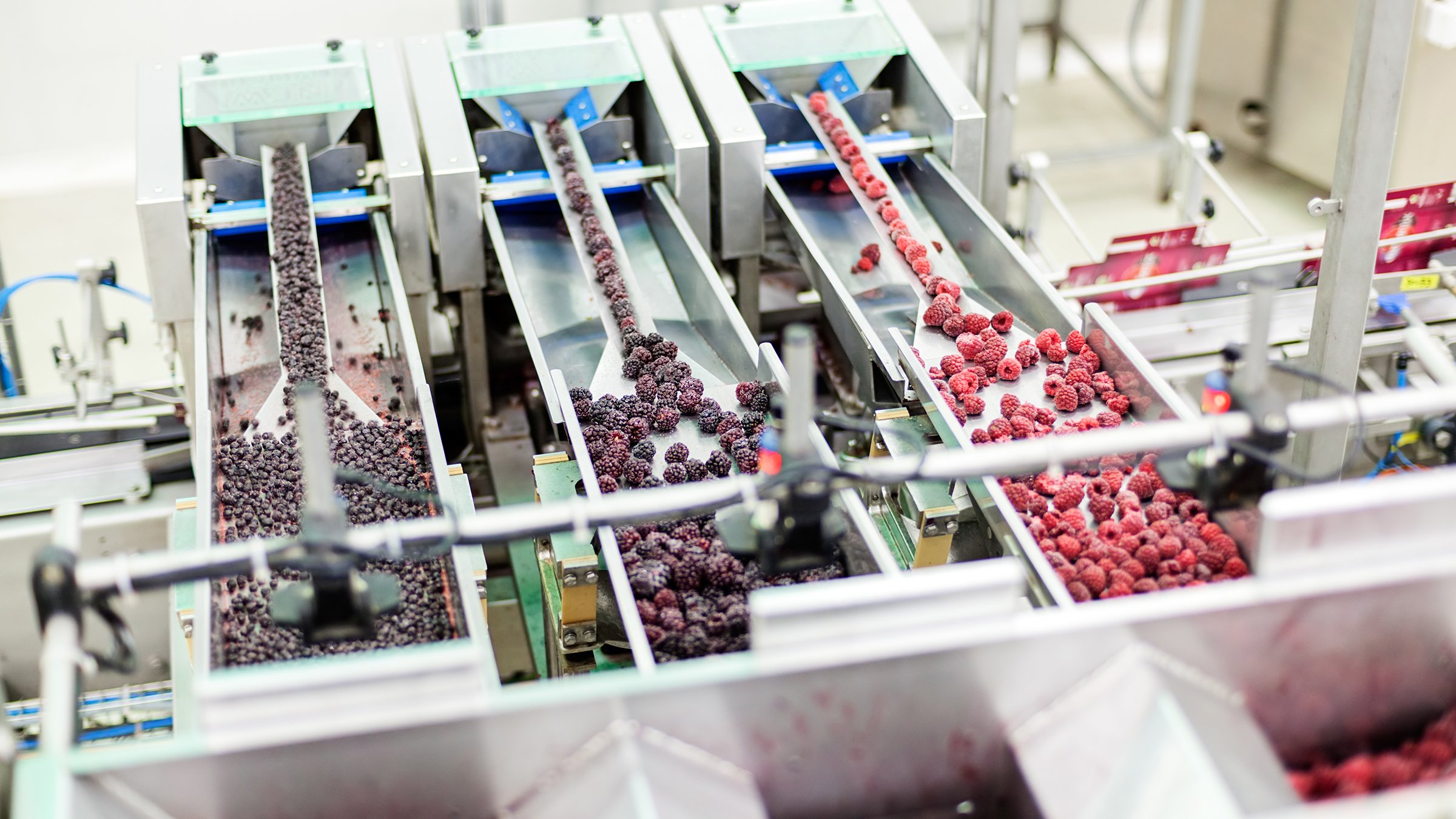Recipe maintenance
In many food and beverage facilities it is not uncommon to find recipes still kept in paper form in binders and batch data collected in spreadsheets managed by a few individuals. Add to that, the employees with decades of experience who know the recipes by heart and the quirks of machinery like the back of their hand are coming up on retirement age.
But that means if something happens to the paper recipe, or the spreadsheet gets corrupted, or deleted, valuable information is at risk. The same goes for that institutional knowledge your employees on the plant floor have; once those workers retire, where will that knowledge be stored?
Similarly in other kinds of packaged goods, like diapers, for example, there are set process steps that create the product. These steps too are often recorded on paper and stored in a binder in the facility. If anything happens to that paper, there is only the memory of the workers to rely on.
Source materials
Raw source material can vary in quality and price. Quality fluctuations may require processing changes. Running perfect batches within tolerances this month with these ingredients might not work the next month. This means different adjustments need to be made for the next batch. Setting key production indicators (KPIs) for “Golden Batch” processing looks good on paper, but the reality is more challenging with fluctuations in raw material quality.
Sampling a batch along the way takes time. Getting data on manually collected samples and manually taken readings of temperature, flow rate or pressure, leave room for error in notations or when transferring notes into a spreadsheet, and don’t consider fluctuations. Batch processing is not static, and success is dependent on many variables.
Equipment and personnel
Legacy technology is another hurdle to consistent batch production. Investing in new equipment is a significant capital expense. New equipment is considered when a facility plans to expand to meet the demand for increased flavors, and older equipment will need to keep working alongside the new equipment. It’s the long-time employees who understand best how to work with the legacy equipment. They will also know which source materials work best on which equipment. For example, raw materials that are of a lower quality might run better and produce more quality batches on older equipment than top quality ingredients do.
Depending on the raw materials available, there might be an option to run different grade levels of a product, thereby still meeting output requirements and not wasting material. Again, some of that will depend on which equipment is best suited for which outcome. In most instances, the long-term plant engineers who have worked with the equipment for years will have that information.
To avoid losing all that institutional knowledge, we suggest a digital approach that will give clearer insight into the processes you run.
Solution
When we go into food and beverage, or other types of Consumer Packaged Goods facilities, we often find inexpensive single point solutions designed to mitigate the lack of insightful data. However, those still require someone to collect the data readings from each device and enter that data in a spreadsheet. Someone will then need to run the spreadsheet reports and find the data points that indicate a problem like where a batch process went out of alignment from the preset standards.
With Batch Performance Analytics software you can gain insight into each batch process and measure the process outcomes against preset KPIs from any laptop or computer that’s running the software. With just a few keystrokes you can see fill data, process progress, and which step in the recipe the batch is at. It also means you have insight into what may need to be adjusted for the next batch to avoid going outside the established parameters.
In essence, Batch Performance Analytics identifies process gaps and indicates what can be done to correct it, such as fine-tuning recipes, pre-processing setup, refining the process steps.
Learn more at: https://www.rockwellautomation.com/en-us/industries/food-beverage/batch-performance-analytics.html


